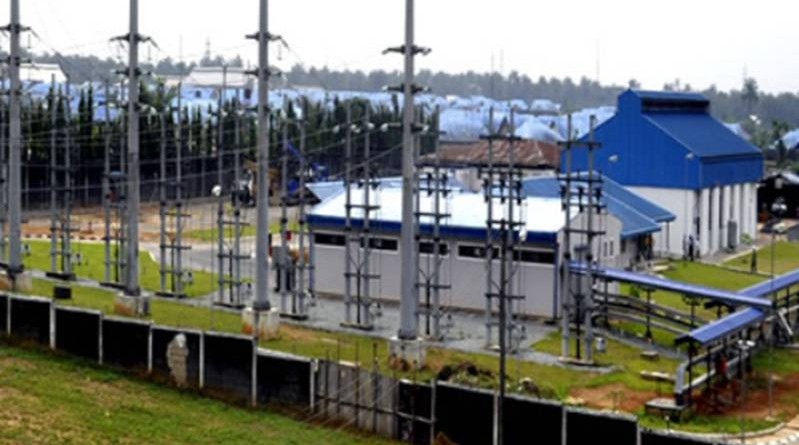FGN decentralizes electricity generation, transmission, and distribution: States/Firms can now generate and supply
The power bill, which was adopted by the previous administration’s national assembly in July 2022, has been signed into law by the President of the Federal Republic of Nigeria (FRN), Bola Tinubu. The Act aims to de-monopolize electricity generation, transmission, and distribution at the federal level, and it began with a constitutional amendment under the previous administration to establish a comprehensive legal and institutional framework that would direct the Nigerian Electricity Supply Industry (NESI) to cede power to the States.
States may also allow private investors, including firms and individuals, to operate mini-grids and power plants in order to promote investment and provide customers with an alternative to the nation’s grids.
Nigeria has had limited access to electricity, particularly for those living in remote, underprivileged areas, with more than 44% of the population lacking it. Despite relatively high generation capacity, this lack of access has been attributed mostly to inefficiency in distribution and transmission networks. The Electricity Act 2023 promises enhanced electricity distribution by decentralizing power supplies, which can boost economic activity across the country. The Act is expected to address not just concerns of electricity availability, but it is also a step toward a manifestation of the country’s federal system by strengthening the power and hence the involvement of sub-national governments in furthering residents’ welfare.
To ensure that the desired goals are met, state governments must begin enacting their own electrical laws and developing defined power generating and distribution strategies. It is also critical for governments to promote efficiency by implementing alternative energy sources, particularly solar, biogas, or wind, depending on their natural endowments.
Furthermore, the bill’s constitutional revisions will improve sustainable energy across the country, eliminate bottlenecks in the form of bureaucracy in the current system, and encourage more private sector participation. As a result, the government must guarantee that best practices are followed and that decentralisation of this sector does not result in inequity between affluent and poor states.




